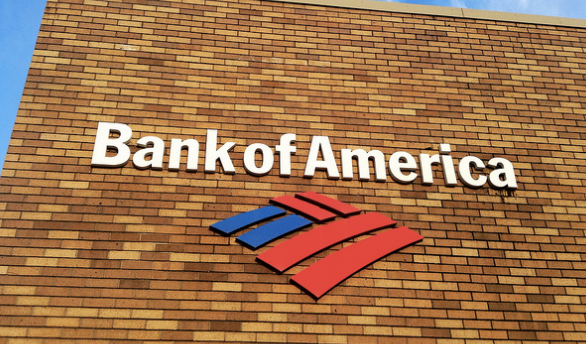SEC Reportedly Investigating Bank Of America Over Customer-Protection Rule Violations
Financial institutions are required under federal law to follow an array of rules that aim to protect consumers’ accounts. Bank of America may not have followed one of those rules over the course of several years, and now reportedly faces an investigation by the Securities and Exchange Commission.
The Wall Street Journal, citing people familiar with the matter, reports that the SEC has opened an investigation into whether or not Bank of America violated customer-protection rules and misled regulators about trades it conducted over at least a three year period.
The bank’s Merrill Lynch unit allegedly used large, complex trades and loans to save tens of millions of dollars a year in funding costs and to free up billions of dollars in cash and securities for trading, the source says.
According to the WSJ, the investigation by the SEC centers on a 1972 rule that requires banks to set aside funds so that, in the case of failure, the institution can repay customers.
Banks are required to calculate their net liabilities – how much they owe clients in deposits and other funds versus how much clients owe the bank – to determine how much they must set aside in reserve. Those funds must be separate from other accounts and can not be used for any bank activity.
The WSJ reports that executives at Band of America’s Merrill Lynch unit devised a way in which complex trades and loans reduced the amount of money in reserve, so that it could be used for other company needs.
The SEC’s investigation sets out to determine whether the funds Bank of America used in its trades should have been to set aside in reserve.
A Bank of America spokesperson says that the trades, which stopped in 2012, began at Merrill Lynch before its acquisition by Bank of America in 2009.
“The firm fully complied with the rules designed to safeguard client funds,” the spokesperson tells the WSJ.
SEC Investigating Whether Bank of America Broke Customer-Protection Rules [The Wall Street Journal]
Want more consumer news? Visit our parent organization, Consumer Reports, for the latest on scams, recalls, and other consumer issues.


